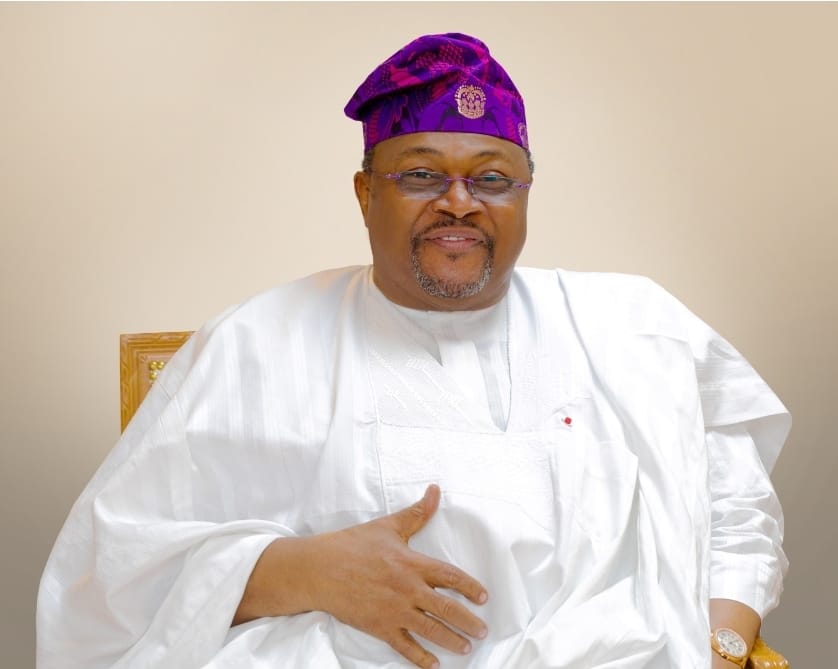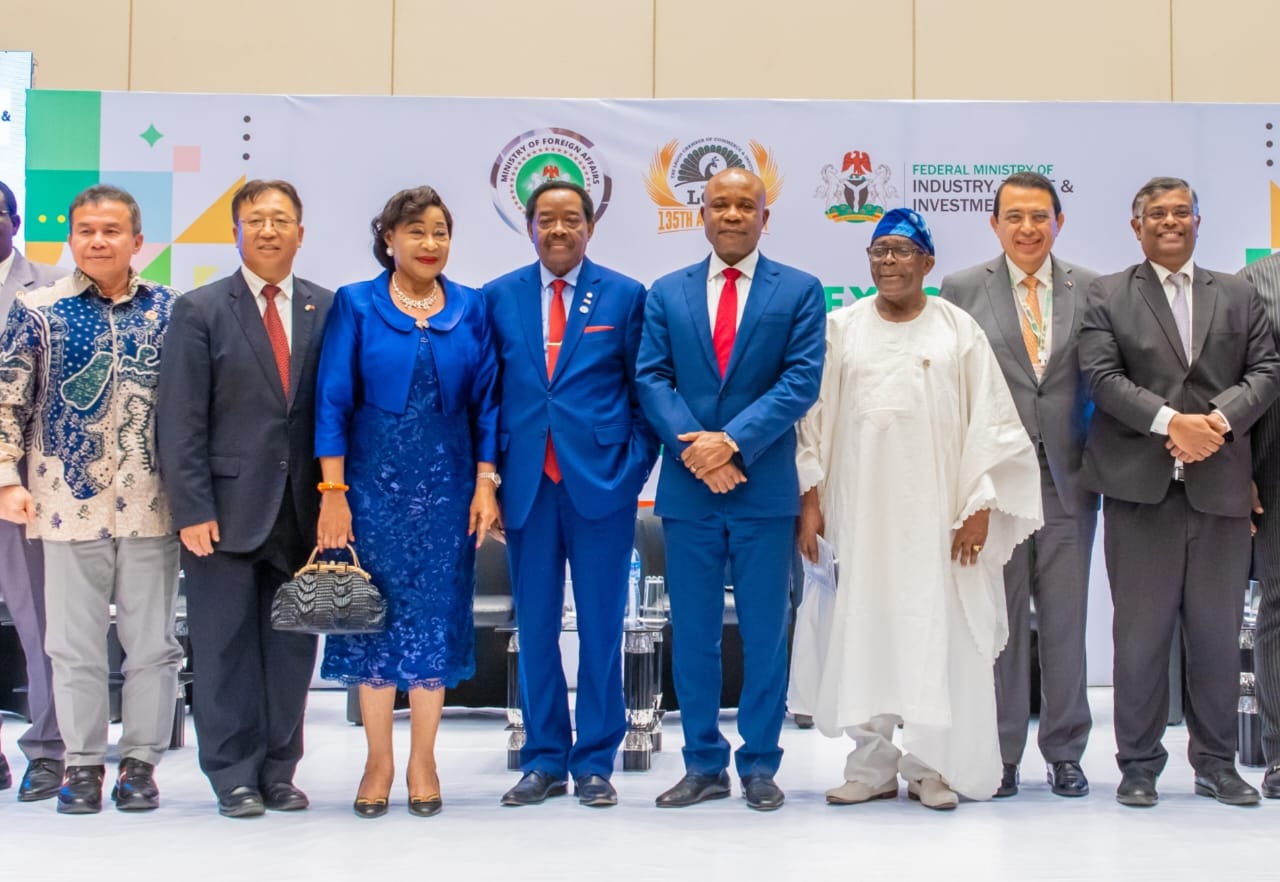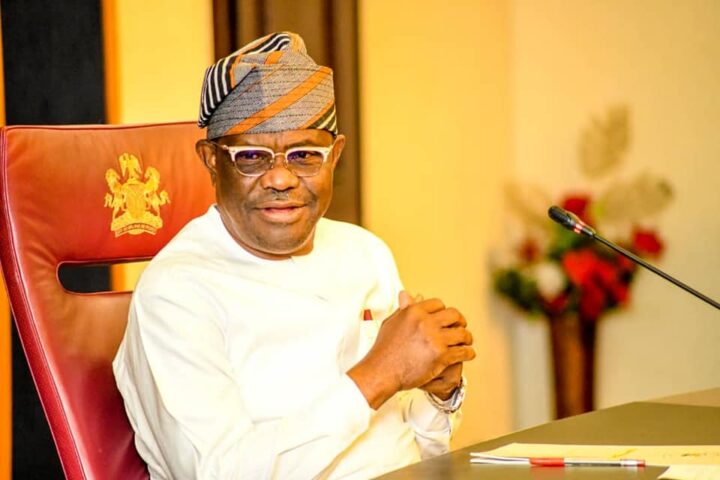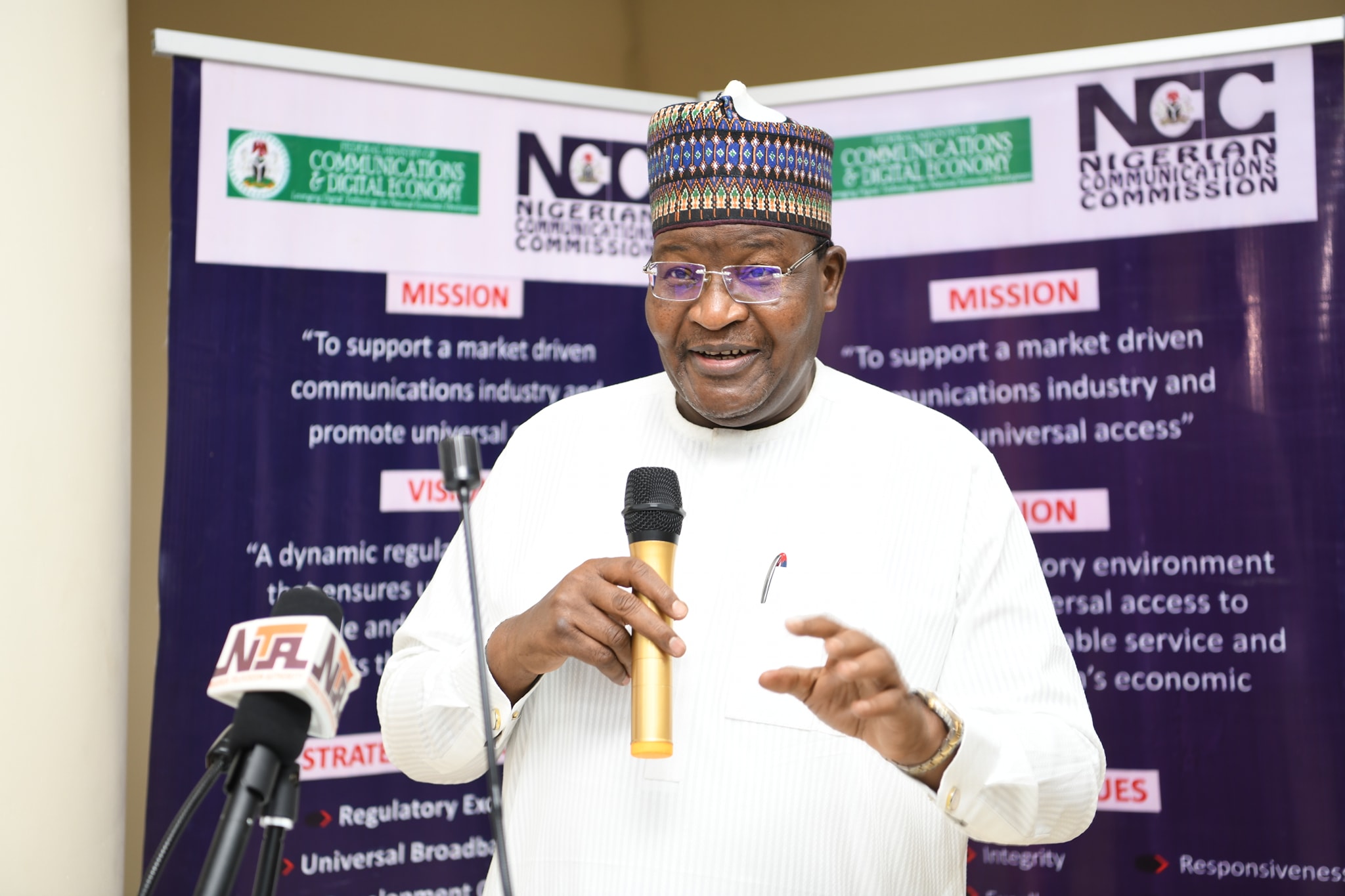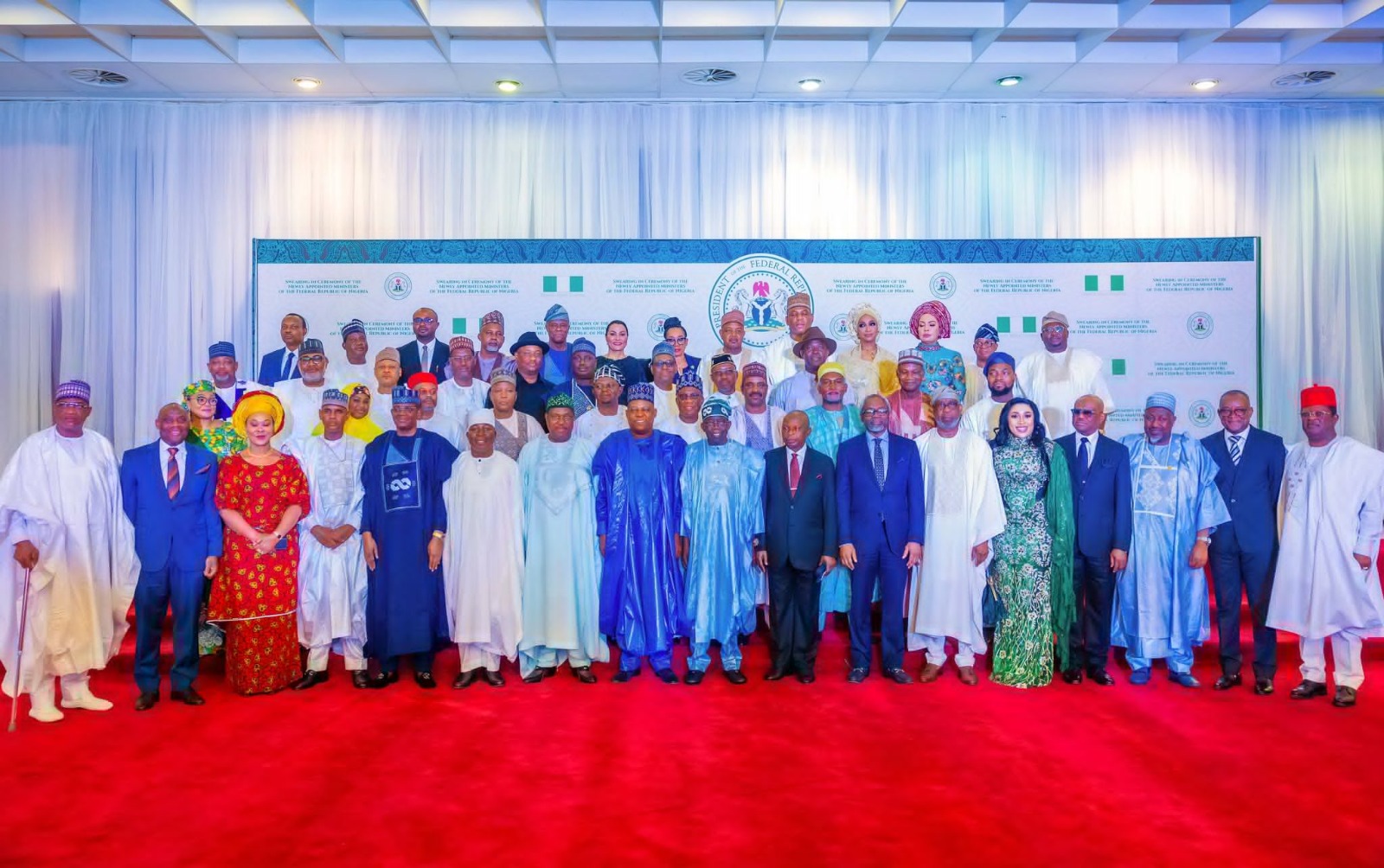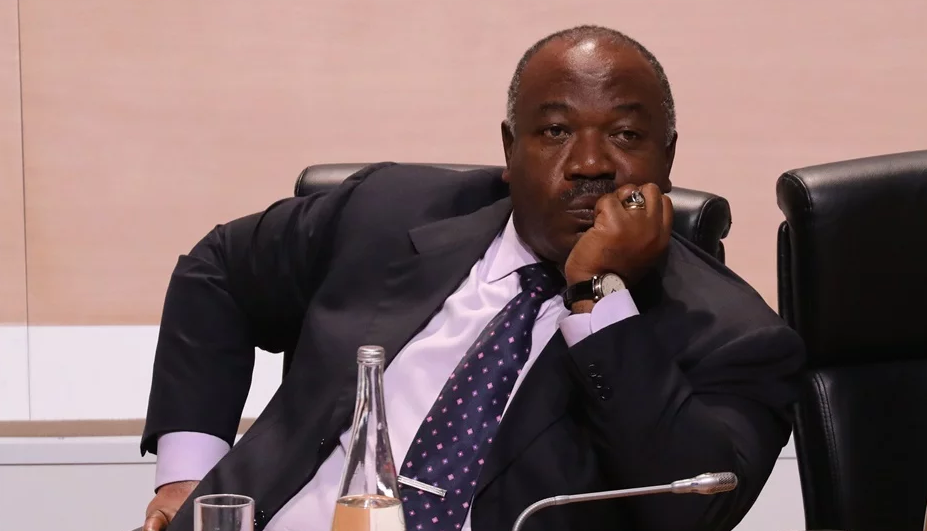Globacom, Nigeria’s foremost indigenous mobile telecommunications company is celebrating its two decades of operation. August 2003 to August 2023 has been a watershed in the nation’s telecom industry. Glo’s 20 years of bullish run in the industry, ably led by the indefatigable telecom tycoon—aka ‘The Bull’, Mike Adenuga Jr. (GCON), has become the catalyst that revolutionised mobile telecommunications in the country.
Before the advent of GSM, Nigeria had paltry 400,000 active phone lines for then population of over 150 million people, which implied that less than one percent of the country had access to telephony services. Defunct NITEL reigned supreme as the king of the jungle with a near monopolistic grip, riddled with gross inefficiency that became a cesspit of corruption.
When GSM anchored on our shoreline in 2001 with the arrival of the two legacy mobile operators, Nigerians saw it as an answered prayer. It was seen as a glim light of hope at the end of the tunnel and a clear departure from failures of hitherto government-owned NITEL that gulped so much public funds without commensurate services as much as output. The euphoria of the coming of GSM services soon began to dwindle and doubt started replacing hope as a result of the high cost of mobile lines and the N50/minute billing system. The legacy mobile operators insisted that it was impossible to sell lines at cheaper and affordable prices. They also ruled out per-second billing (PSB) as being practically impossible owing to the cost of obtaining licences and the humongous funds needed for network expansion. The GSM services remained exclusively reserved for the elites and upper middle class because of the challenge of affordability until Globacom happened!
Two years down the road in August 2003, Mike Adenuga Jr. took the gauntlet and floated Globacom Limited as the first indigenous mobile operator. The entrance of Globacom broke the duopoly of the two legacy operators, untied the oligopolistic hold on the sector, and changed the game via the introduction of cheaper mobile lines and most importantly, per-second billing (PSB). What Nigerians thought was impossible, Globacom made it possible. GSM services became affordable to Nigerians irrespective of social and economic class. The grand entrance of ‘The Bull’ (Glo) in the game altered permutations, sparked fierce competition amongst mobile operators, drove massive investment in telecom infrastructure and heightened the scramble for new subscribers. Globacom truly changed the game.
Advertisement
In less than two decades, Nigeria’s active phone lines skyrocketed from 400,000 in 2001 to 223.6 million at April 2023, scoring a teledensity of 117%. Internet access rose from less than one percent broadband penetration to 48%, translating to 157 million subscribers. Even in the recent report released by the regulator, while other mobile operators cumulatively lost about 100,000 internet subscriptions in one month, Globacom within the same period gained over 200,000 subscriptions. The resultant effects of speeded telecom evolution orchestrated by Adenuga’s bullish run with Globacom have cascaded to other critical sectors of the economy. After 20 years of redefining standards in the industry, all I can say is: “Thank you Globacom for coming to our rescue”.
If not Globacom, Nigerians might still be paying exorbitant amounts for mobile lines. If not for Globacom, Nigerians would still be under the strangulating hold of the per-minute billing system. If not for Globacom, the two legacy operators would have maintained their hegemonic stand that per-second billing (PSB) was impossible—exactly what DSTV is doing now with pay TV as a result of the near monopoly it enjoys today. It was the vision of one man to build the biggest and best telecommunications network in Africa that made all the difference. Just close your eyes in one minute and imagine Nigeria’s telecom sector without Globacom. Imagine massive jobs created in the economy today. Imagine ease of doing business made possible by high connectivity.
Since its launch in 2003, Globacom has pioneered the introduction of the latest technology in the markets where it operates, thus ensuring that its subscribers benefit from the advances made in telecommunications and information technology for personal, social and business prosperity. For example, Globacom was the only operator in Africa to launch its operations on the superior 2.5G network which enabled the convergence of voice, data and multimedia technologies. This robust platform not only ensured unparalleled voice clarity and low drop calls but also enabled the offering of value-added services unavailable on the 2G technology deployed by other operators in the industry. These included vehicle tracking, mobile internet, mobile banking, multimedia messaging service (MMS), voice SMS, Magic Plus and Text2email.
Advertisement
As a firm that has carved a niche for itself for being a pacesetter renowned for pioneering the latest innovations in the telecom industry, the introduction of the 3G Plus technology marked the second time that Globacom was at the forefront of birthing the latest transmission network in Nigeria. The 3G Plus technology enabled a much faster transmission of data, voice, broadband internet and multimedia services over a range of frequencies. It allowed customers to make video calls, video streaming and high-speed mobile internet access, amongst others from their 3G mobile handset.
In furtherance of its quest to be a topnotch and technologically advanced mobile operator in the country and beyond, Globacom also became the first network to test the 4G-LTE network in Nigeria, thus putting Nigeria in the league of nations where long-term evolution (LTE) has continued to gain ground. LTE is a revolutionary fourth-generation mobile technology, that enhances data transfer rates, delivering unmatched mobile broadband experience and the highest data speeds and reliability.
When it comes to network expansion to give its customers the best of services, Globacom has demonstrated that its actions resonate with its mission statement: “To be the largest, most successful entertainment, information and telecommunications solutions provider, in Nigeria and Africa”. In the last 20 years, it has invested billions of dollars in building and expanding its network to reach the nooks and crannies of Nigeria and beyond. When it comes to fibre optics cable, Globacom has the most extensive fibre optic backbone across Nigeria. The facility was built to further enhance voice and data transmission for mobile and fixed telephone operations in the country. It is complemented by a microwave backbone serving as backup. The fibre optic cable helps ensure that calls on the network are crisp and clear, without suffering breaks and drops.
Another game-changer in the nation’s telecom industry, especially broadband connectivity, was the launch of Glo-1, an intercontinental submarine cable linking Nigeria and the outside world. It is the first time a single company would implement such a massive undersea project in Africa costing over $250 million dollars. It is an expansive solely owned trans-Atlantic cable, providing internet connectivity between Europe, America and the West African coast. The 9,800km-long cable has landing points in Lagos of Nigeria, Accra of Ghana, Senegal, Nouakchott of Mauritania, Casablanca of Morocco, Vigo of Spain, Bude of England, etcetera. Glo-1 delivers a much faster and robust connectivity for voice, data and video. In addition to boosting the provision of services to telecom end users, the facility is currently providing much-needed connectivity to critical sectors of the economy such as oil and gas, manufacturing, banking, commerce, education and health, among others. This humongous subsea cable has increased internet connectivity between Nigeria and the rest of the world.
Advertisement
Two years ago, Globacom launched a new online streaming app called GloTV. It is an innovative TV streaming service on Android, IoS and Web for watching live TV, video on demand and Catch-up with premium content. Beyond the telecom sector, Globacom as part of its corporate social responsibility (CSR), which resonates with the philanthropic ideology of its chairman, has made a tremendous impact in the nation’s sports, entertainment, arts and culture, etcetera. For years the company supported Nigerian football and ensured the Super Eagles became African champions again in 2013. Globacom solely sponsored the CAF/Glo Awards for many years. Its penchant for identifying with Nigeria’s rich cultural heritage is unequalled.
From the Ojude Oba Festival to the Onitsha Ofala Festival, Globacom’s logo is always conspicuously represented. The huge success recorded in the nation’s entertainment industry today has indelible footprints of Globacom all over it. Glo’s talent shows have produced a lot of stars who have gone on to become global icons in music, movies, comedies, etcetera. Congratulations to Globacom on its 20th anniversary.
Continue to rule your world!
Advertisement
Views expressed by contributors are strictly personal and not of TheCable.

